If you have been to Fortportal, perhaps you have seen those magnificent tall eucalyptus trees in the Mpanga valley opposite the Toro Golf course. Those trees were planted in 1954 the very day Queen Elizabeth visited Tooro and perhaps after visiting and naming after herself Queen Elizabeth National Park.
Is there really Tasty Food in Africa?
“He who hasn’t travelled enough often praises the mom for being the best cook”. This is an African proverb, signifying the varieties of ways of preparing food and the delicious tastes that people enjoy. The proverb is also an open invitation to taste the African food!
You may have read that there’s hunger in Africa, but you may not have been told that Africa enjoys varieties of delicious foods. Uganda, a small East African country is a good example. Endowed with over 50 different tribal groupings, each with a unique way of growing, preparing and eating food, this country is really amazing. A simple guided tour through rural villages will offer you a new perspective on food – the freshness, variety, and organic nature of these foods will blow your mind away. The country boats of fertile soils in every corner of its 241,000 square kilometers with rivers, lakes, streams and wetlands all supplying fresh water. Uganda hosts four major climate zones: semi-deserts, savannas, mild zones and rainforests. Each climate is home to some of the world’s most exotic and nutrient dense crops.
Through observation alone you are able to see how the culture connects with the land. By day, Ugandans are tending to their gardens, by midafternoon the community is inside preparing their meals on efficient charcoal stoves. Many households foster chickens, a kind that grows organically and matures after a few years. In one area, community gardens are packed with beans, sweet potato, peppers, onions, greens, cassava, pineapple, sugar cane, plantains, and rice. In another, gardens are beaming with sesame, sunflower, ground nuts, sorghum, millet, egg plants, cabbages, tomatoes, vegetables and yams. And yet in the neighborhood, there are others tending to cows, producing ghee, milk and lots dairy products – all in a traditional way.
You may have noticed that in the West not everyone has the opportunity to know where the food on their plate has come from, and for many there is a yearning to connect to the land. As a Westerner, it is not the natural instinct to question who has raised the chicken one might eat, or to know what crops are in season at the time. There is simplicity in the food system of Uganda that is only truly appreciated when biting a fresh orange, jackfruit or mango, or better still, chopping down your first sugar cane, learning the art of peeling and biting it raw. Within that bite, it is easy to feel the immeasurably different experience you may have opening a packet of refined sugar to put in your morning cup of coffee. Several visitors to Uganda have returned home completely blown away by the taste of the country’s fresh, organic and tasty foods, fruits and vegetables. It is indeed true that if “you haven’t been to Uganda, you might be bragging that your home food is the tastiest”. That narrative will change the day you make it to the Pearl of Africa.
Further Reading
Mr. Celestine Katongole, the founder and CEO of Sights & Sounds of Africa Safaris delivered a keynote speech to hundreds of people gathered to celebrate the 20th Anniversary of the Association of Uganda Tours Operators (AUTO) at Kampala's Fairway Hotel
If you are planning to travel to Africa, and Uganda in particular, you need to ask two key questions: is it safe to travel to Africa? Is malaria a concern, and do I need medicine before traveling to Africa? In this article, we give you answers to these questions. Below are the answers.



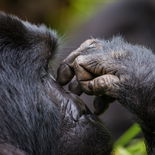
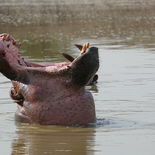


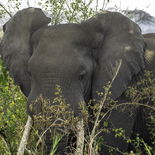
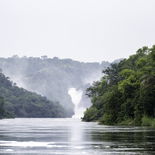
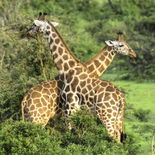
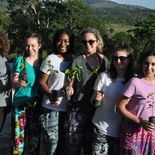
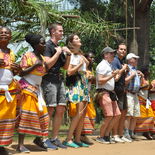

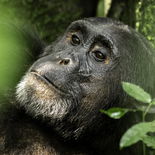
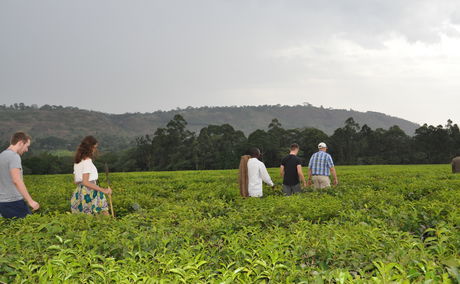
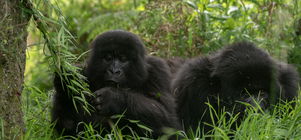
Share This Post